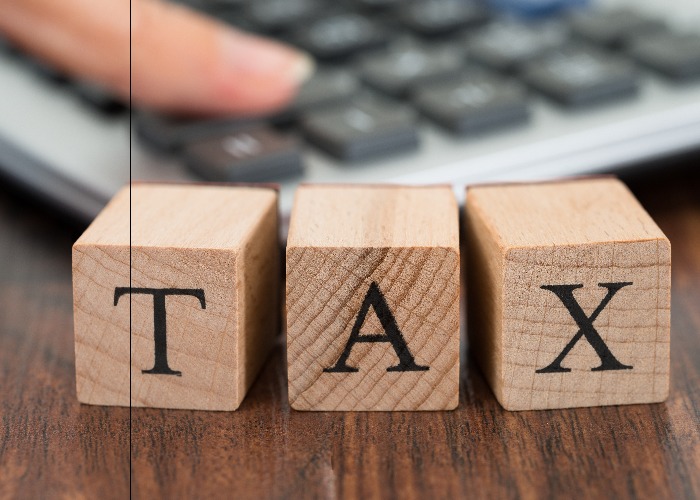Tax changes UK 2016: personal allowance, Rent a Room tax relief, Air Passenger Duty

Next year’s tax changes aren’t all bad! From the scrapping of Air Passenger Duty for those under 16, to increased tax relief if you let to a lodger, there are some juicy tax changes coming your way.
There are a number of tax changes set for next year that will impact your finances in a positive way. Here are the ones to look out for.
Air Passenger Duty for under 16s
Air Passenger Duty (APD) was scrapped for children under 12 travelling in economy class on 1 May 2015, and from 1 March 2016 it will be abolished altogether for children under 16, meaning even more families will be able to save.
APD is currently charged at £13 for short-haul flights or £71 for trips of more than 2,000 miles in economy class.
So a family of four with two kids travelling to Florida will save £142 for flights from 1 March 2016.
Rent a Room tax relief
In the Summer Budget the Chancellor announced that the Rent a Room scheme, which allows home owners that take in a lodger to enjoy tax relief on the rental income, will become more lucrative from next year.
Currently you don't pay a penny on the first £4,250 you make in rent each year. However this will rocket to £7,500 a year from 6 April 2016.
The increase applies to those that rent out a room or rooms in their main residential property. However, those that have a guest house, bed and breakfast or similar are also eligible, providing that the property is their main residence.
Earn 5% from your current account
Personal Savings Allowance
From April 2016 the Government will introduce the Personal Savings Allowance, which will exempt the first £1,000 of savings income from tax for basic rate taxpayers and the first £500 for higher rate taxpayers.
This means the automatic reduction of 20% Income Tax by banks and building societies on savings accounts (other than ISAs) will stop, so you can save even more tax free.
Dividend Tax Allowance
The dividend tax credit (which reduces the amount of tax paid on income from shares) will be replaced by a new £5,000 tax-free Dividend Allowance for all taxpayers from April 2016.
However, bear in mind that dividend tax rates above this allowance are going up from 0% to 7.5% for basic rate taxpayers, from 25% to 32.5% for higher rate taxpayers, and from 30.56% to 38.1% for additional rate payers.
This simpler system will mean that only those with significant dividend income will pay more tax. Investors with modest income from shares will see either a tax cut or no change in the amount of tax they pay.
Personal Tax Allowance
From 2016-17 all individuals will be entitiled to the same Personal Tax Allowance, regardless of the indvidual's date of birth
The Personal Tax Allowance, which is the amount you can earn before Income Tax applies, will rise from £10,600 to £11,000 from April 2016.
The threshold for higher rate taxpayers is also increasing from £42,385 to £43,000.
Increases to the Personal Allowance since 2010, when it was £6,475, mean that a typical taxpayer will be £905 a year better off in 2016-17.
Earn 5% from your current account
Annual Investment Allowance
The Government will set the permanent level of the Annual Investment Allowance at £200,000 for all qualifying investment by businesses in ‘plant and machinery’ made on or after 1 January 2016.
Eligible items include things that you use in your business like CCTV, cars and computers. In most cases you can deduct the full cost of these items from your profits before tax up to the AIA limit.
The AIA has changed four times since 2008. Currently the maximum AIA is £500,000, a temporary tax break introduced last April. So businesses will actually be able to claim less from next year.
But the Government was going to lower the AIA back to £25,000 as it was between 6 April 2012 and 31 December 2012, and says it’s the highest ever permanent level ever set.
Earn 5% from your current account
Now read these:
The best place to live in the UK
The UK's worst mobile phone provider
Cheap and free activities and ideas for New Year's Eve and New Year's Day
Comments
Be the first to comment
Do you want to comment on this article? You need to be signed in for this feature